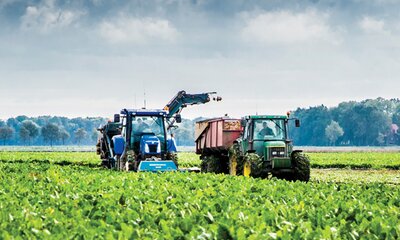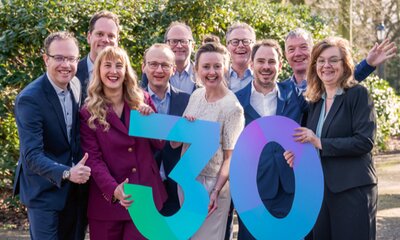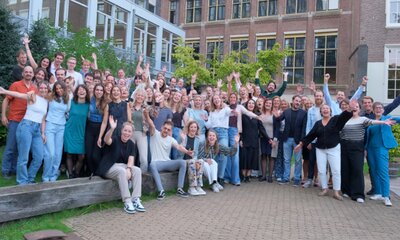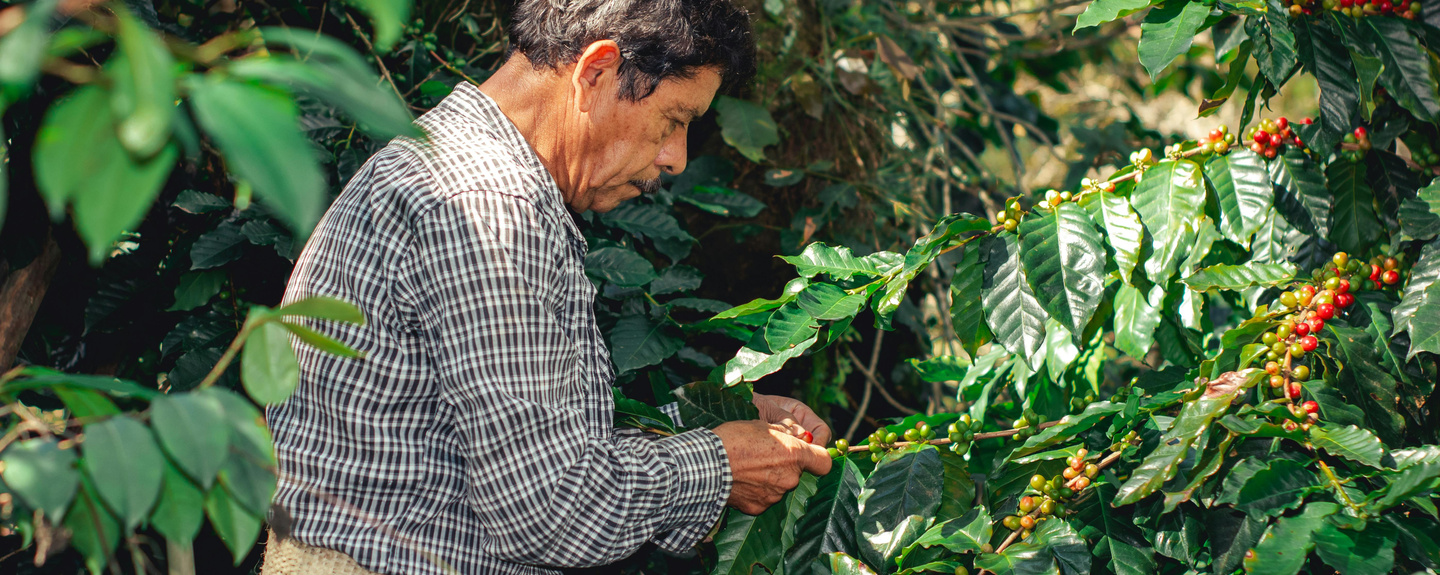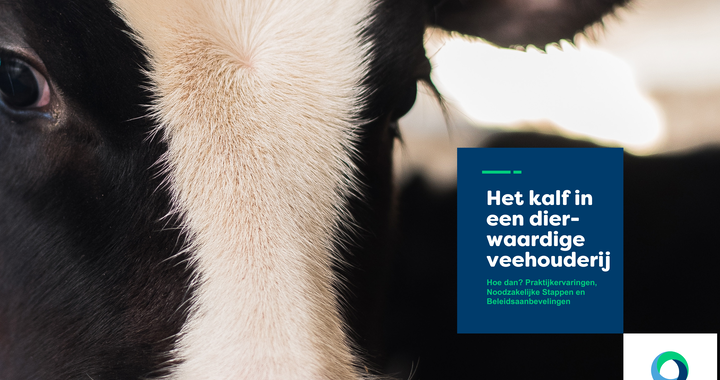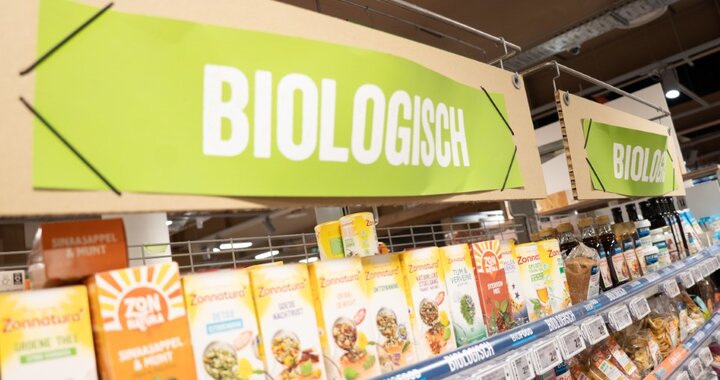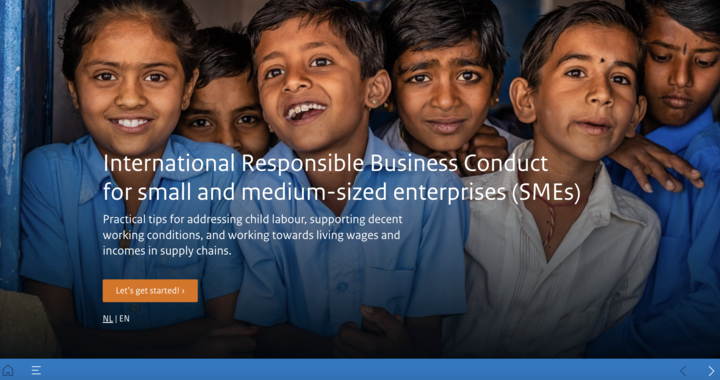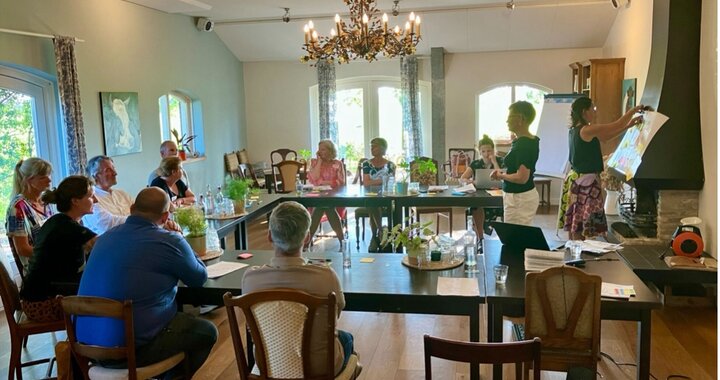Climate-resilient coffee and new income streams for farmers
The consortium’s goal is to transform coffee farming in the Guinope region into a resilient and sustainable system that benefits both farmers and the supply chain. At the heart of this effort is the training of 200 farmers in regenerative agricultural practices. These practices are designed to restore soil health, reduce greenhouse gas emissions, and help farmers become more climate-resilient.
Farmers will learn how to manage soil effectively, apply organic composting techniques to replace chemical fertilizers, and adopt water management strategies to cope with irregular rainfall. Knowledge sharing will be encouraged through Farmer Field Schools, creating spaces for peer learning and practical demonstrations.
To strengthen climate resilience, coffee farms will be rejuvenated with new climate-resilient seedlings, and shade trees will be planted to protect crops from heat stress and improve biodiversity. Beyond coffee, farmers will be supported to increase vegetable production, improving household nutrition and generating additional income.
Innovation is also central to this approach. Beekeeping will be introduced as an alternative income stream, offering farmers new opportunities while supporting pollination and ecosystem health. Together, these interventions will reduce emissions, improve productivity, and diversify income sources, helping farmers move closer to a living income and securing a sustainable coffee supply chain for the future.
Strong partnership for impact
Our role is to ensure the project is well-structured, collaborative, and effectively managed. We focus on building strong partnerships and guiding implementation through the following steps:
-
Identify partners for the consortium: Bring together key stakeholders with shared goals and complementary expertise.
-
Co-development of the project proposal: Work closely with partners to design a plan that addresses environmental and economic challenges.
-
Engagement with the donor: Maintain clear communication and alignment with funding partners to secure resources and support.
-
Facilitate steering committee meetings: Organize regular meetings to monitor progress and make strategic decisions.
-
Regular check-ins with partners in Honduras: Ensure smooth coordination and address challenges promptly through ongoing communication.
-
Project administration: Oversee reporting, documentation, and compliance to keep the project on track and transparent.
By combining technical knowledge, local insights, and strong collaboration, we help create a project that delivers measurable impact for farmers, partners, and the coffee supply chain.
